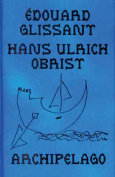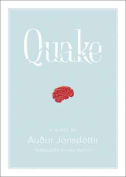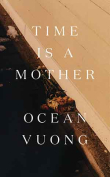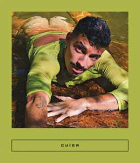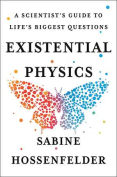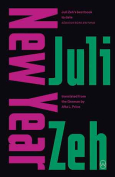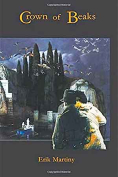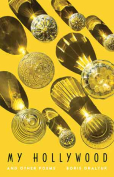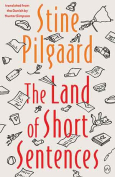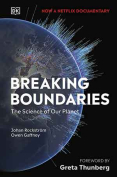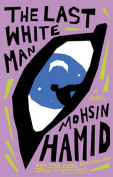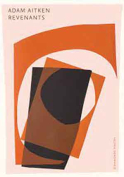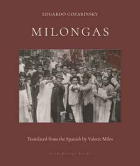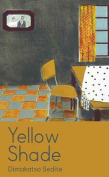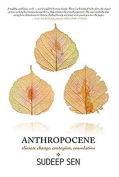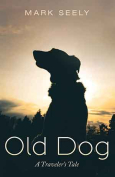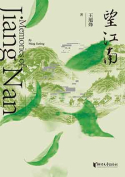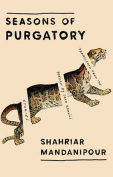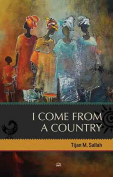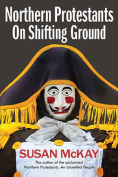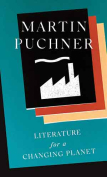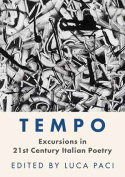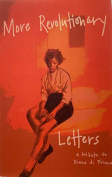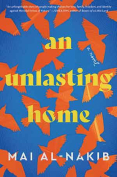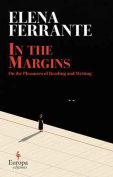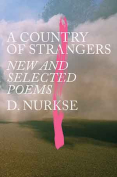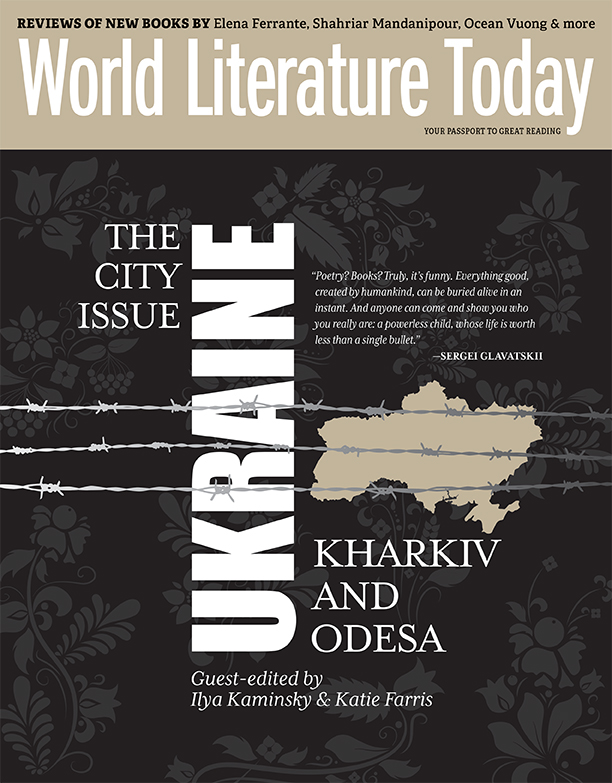Literature for a Changing Planet by Martin Puchner
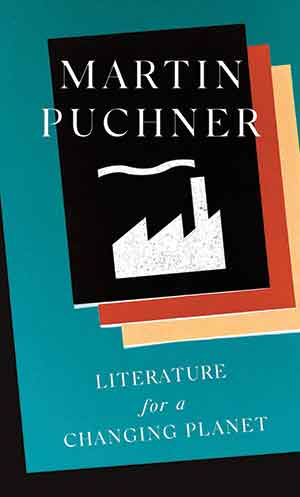 Princeton. Princeton University Press. 2022. 160 pages.
Princeton. Princeton University Press. 2022. 160 pages.
MARTIN PUCHNER’S Literature for a Changing Planet is an urgent call for rereading the stories that have shaped our world. Human beings have reached a point of tremendous environmental influence, collectively. Our actions will shape the biosphere from here on. The humanities play a vital role in the way we see the planet, but without a clear vision, which history and literature can provide, we will meet the coming dangers blindly.
Puchner argues there is value in reading world literature ecologically from literally the beginning: The Epic of Gilgamesh. From this most ancient text, he draws familiar themes of civilization versus wilderness. Anyone familiar with the work will remember the praise of civilization’s values, the equation of wandering and exile with grief, and the seduction of the wild man, Enkidu, into society. Tracing the interaction between the built and wild environments across “a number of foundational epics,” Puchner next moves to the Odyssey’s famous scene: Odysseus’s defeat of the cyclops Polyphemus. Once again, the text contrasts and praises the Greeks’ settled ways of life with the different, uncivilized manners of the giants. Puchner highlights the rhetorical purpose of Odysseus’s tale, told as it is to a court upon whose graces he depends. These stories of civilization versus the wilderness persist across times and cultures.
Consistent with his global focus, Puchner turns to another origin of literacy, Mayan literature. An independent invention of writing, so rare and nearly obliterated as to be virtually unknown compared to readers familiar with Odysseus or even Gilgamesh, “the Popol Vuh includes an account of the creation of humans” completely separate from that of Mesopotamia. There are intriguing differences, such as how the reverence for clay in brick-making Uruk is absent in the Popol Vuh, written by a culture that worked in stone. Yet this elaborate epic of Mesoamerica arrives at similar themes regarding the value of settled life and reverence of the staple crops of its region, just as The Epic of Gilgamesh and the Odyssey do. The centrality of resource extraction to urban societies’ most basic stories repeats across space and time, independently. Puchner argues that this reveals something fundamental.
At this point, Literature for a Changing Planet introduces one of its most challenging assertions: writing is deeply complicit in resource-extractive ways of living. The ancient texts of the world arise from settled ways of life; they facilitate the organization of labor and participate in empire-building; they defend their societies from outside forces, including those humans who were still living in nomadic communities or otherwise at large; and they define the rest of nature as wildernesses. Thus, reading world literature ecologically requires reading it subversively, against its grain. This assertion remains central to Puchner’s argument and culminates in “a reading protocol” of seven principles “[drawing] on the insights of both [world literature and ecocriticism].” These principles range from bearing in mind that we are reading works in “a medium that is complicit with, and therefore most likely defensive of, settled life and the resource extraction required to sustain it” to recalling that “neither the canons of world literature nor world literature anthologies are neutral tools.” Puchner insists that the complicity of literature with the causes of climate crises is not a reason to discard it, but rather to read it carefully and to make room for orality as well as written literature.
Literature for a Changing Planet places the invention of world literature in Weimar, January 31, 1827, when Goethe is reported to have said “the era of world literature is at hand.” The forces of industrialization, colonization, and incipient globalization make this moment possible, having put into Goethe’s hands literature from across the globe. This fact complicates Puchner’s praise of world literature as having a greater chance of healing nature than narrow nationalist literatures. It seems at first glance to be a paradox, just as the complicity of writing itself undermines its ability to address the problem. After all, farmer and philosopher Wendell Berry has written that thinking globally is impossible, and the health of the world will not be solved by huge technological actions but rather by millions of acts of everyday love by people who know a location intimately. However, if we understand world literature to be diverse and heterarchical and respectful of local knowledge rather than a hierarchical or amalgamating collection, the paradox vanishes.
In the same way that an inclusive and postnational awareness is needed, so are stories themselves. Awareness requires narratives to carry it. The “preamble” to Literature for a Changing Planet narrativizes the journey of an interplanetary rock to its destiny on the Yucatán Peninsula in order to compare the fifth mass extinction many millions of years ago to the sixth mass extinction happening now. The challenge, Puchner writes, is “how to tell the story of humans as a meteorite,” because resource extraction is wreaking havoc on the Earth “too fast for evolution to adjust.” From the vantage of deep time, all of human history is but an instant, and our damage hardly distinguishable from any other natural disaster.
Literature for a Changing Planet culminates in an analysis meant to recommend the most useful kinds of future literature and literary theories. Discussing genre, Puchner intuits that blockbuster disaster stories are unhelpful: “their apocalyptic endings seem to do nothing but induce paralysis and complacency, not targeted action.” He is quick to admit this is an untested hypothesis (and recently Andri Snær Magnason disputes this theory of paralysis in On Time and Water), but Puchner believes we now have the empirical tools to truly test such hypotheses through measuring reader response. Puchner also states that “literary criticism has yet to undergo the process of expansion that world literature anthologies began in the 1950s. Perhaps there should be a truly global anthology of literary criticism.” After considering genre, plot, characters, and criticism, Puchner states that the “category of storytelling . . . crucial for our purposes” is “agency.”
Agency, Puchner reminds us, is how stories “get from A to B, [it is] what drives them forward,” and “the matter of agency is particularly important when it comes to a problem such as human-made climate change.” As previously in his argument, the role of literary agency in advocating for the environment is complex if not paradoxical: stories throughout history have focused on the agency of individual heroes while abetting a resource-extractive civilization. Puchner assigns our tendency to “concentrate agency in individuals or figures” to our “human predilection for storytelling.” Thereafter, individuals or agents become protagonists or villains depending on our viewpoint. Puchner analyzes a number of agents in world literature from the perspective of ecocriticism and arrives at the conclusion that what is needed for the future is “stories with collective agents.” Puchner wraps up his discussion of agency by looking in literary history for examples of collective agency, and his analysis thereof connects usefully with ideas of authorship and material culture.
The usefulness of Literature for a Changing Planet depends on a final irony: how to get these printed ideas into the right hands. Is this an example of Audre Lorde’s “master’s tools” dilemma? Can writing help dismantle the structures that it created and help usher in healthier relationships with the planet? Puchner certainly believes so, as most ecocritics must also. Puchner’s “reading protocol” may show how to achieve it. So, who needs to read this book? Though narrative in places, Literature for a Changing Planet offers little itself in the way of stories, making it an unlikely choice for gaining new converts to the cause; on the other hand, experienced ecocritics will find few surprises within. This text will be most useful to teachers of world literature looking to diversify their reading lists and pedagogical practices. It will be useful to literary critics seeking to newly engage with ecocriticism. And it just might prompt a new generation of writers—and spoken-word artists—to create the works that will move us into health and balance with the small blue marvel that is our species’ only home.
Greg Brown
Mercyhurst University
When you buy a book using our Bookshop Affiliate links on this page, WLT receives a commission. Thank you for your support!
